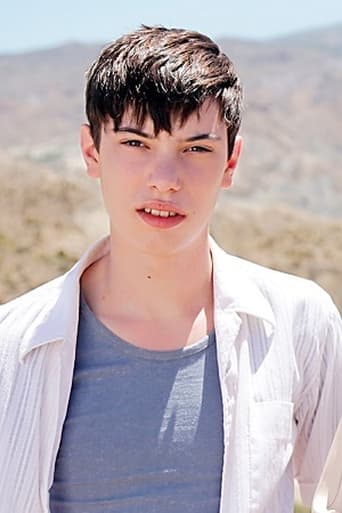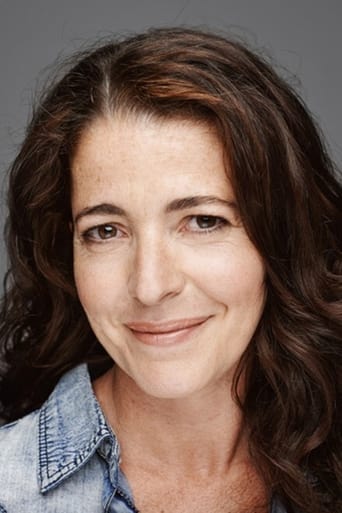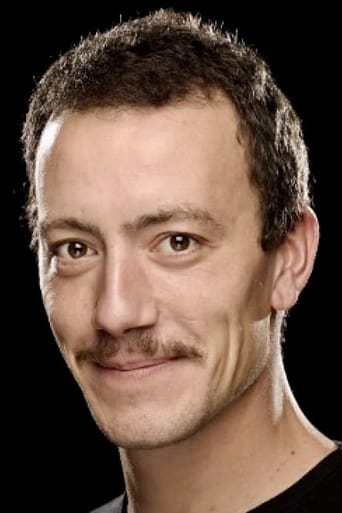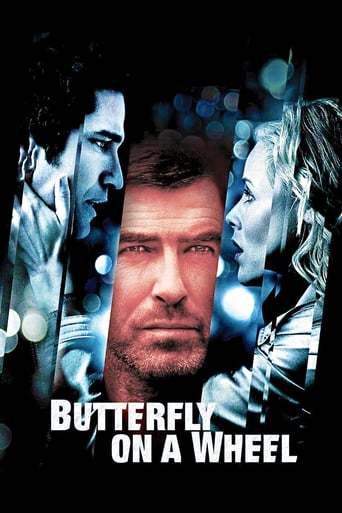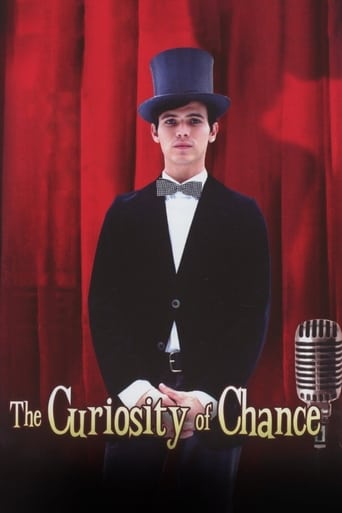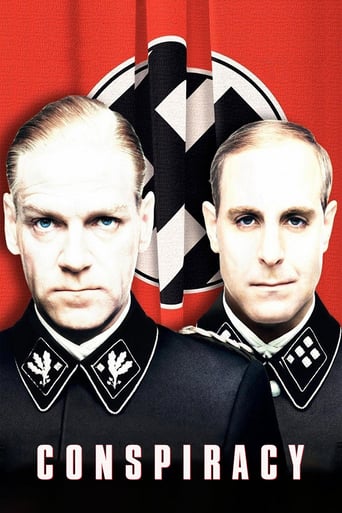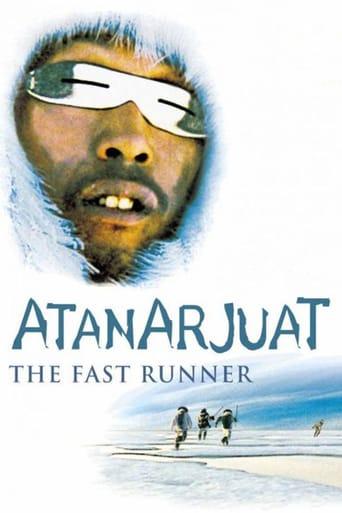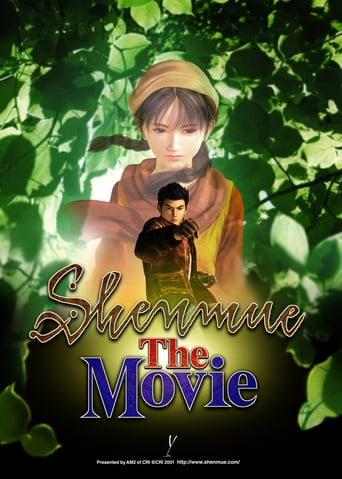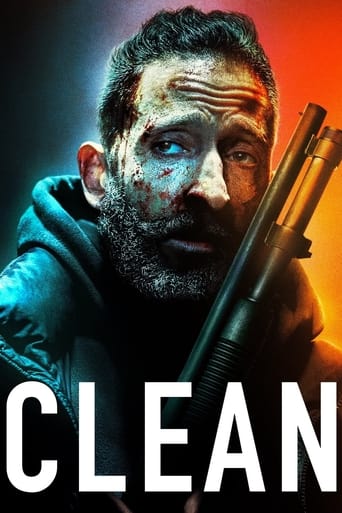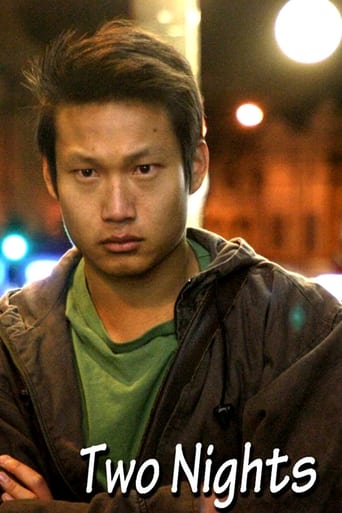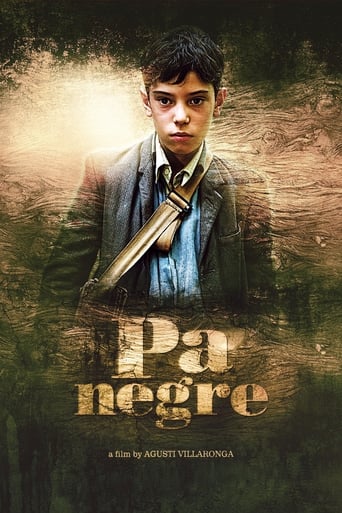
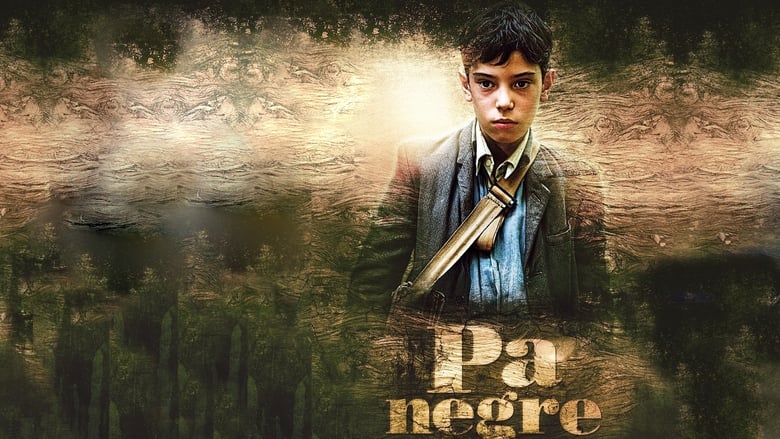
Black Bread (2011)
In the harsh post-war years' Catalan countryside, Andreu, a child that belongs to the losing side, finds the corpses of a man and his son in the forest. The authorities want his father to be made responsible of the deaths, but Andreu tries to help his father by finding out who truly killed them. In this search, Andreu develops a moral consciousness against a world of adults fed by lies. In order to survive, he betrays his own roots and ends up finding out the monster that lives within him.
Watch Trailer
Cast
Similar titles
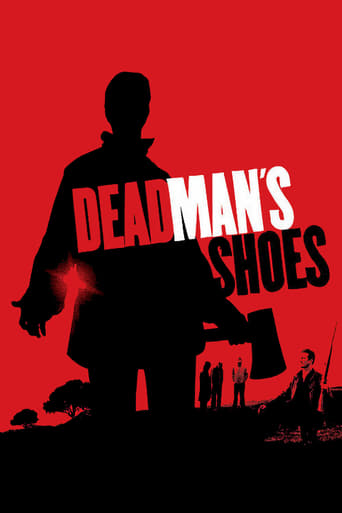
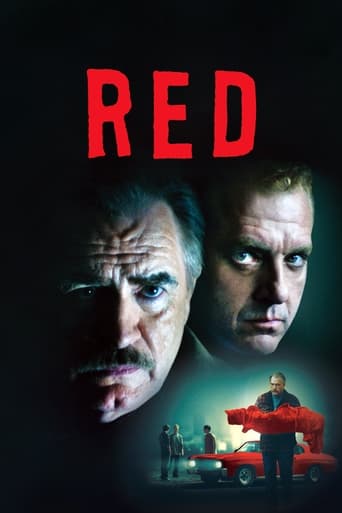
Reviews
Captivating movie !
It's entirely possible that sending the audience out feeling lousy was intentional
A film with more than the usual spoiler issues. Talking about it in any detail feels akin to handing you a gift-wrapped present and saying, "I hope you like it -- It's a thriller about a diabolical secret experiment."
There's no way I can possibly love it entirely but I just think its ridiculously bad, but enjoyable at the same time.
a portrait of Spain after Franco's regime. portrait of the past as root of the fears and vulnerable peace. portrait of childhood looking the source of justice. a novel. and its splendid adaptation. Black Bread could be defined as thriller, mystery or political film. in fact, it is only analysis of grow up in the circle of a wounded world who has not courage to assume the events who defines it. the truth not gives freedom. only creates a way who has ambition to revenge the errors of adults for a cruel pragmatism. a dark film who is useful trip in heart of a community. nothing new. only bitter, cruel and cold. the lost of innocence and the fruits of many compromises as price of survive.and the final answer of a young man who discovers, step by step, the frame of the truth.
This movie is a little bit overrated. In my opinion it received the Goya award NOT for its quality but because of political reasons and string-pulling, like many other things here.The movie is not too bad, sometimes boring, the best thing it has is the gracefulness that comes from the kids, whose acting is just right, maybe overacting, and the scenery and customs are right too. Sometimes you feel you are in a theater instead of watching a movie.The story is absolutely not original, we are tired of always the same, the dictatorship. Spain suffered from a civil war and a dictatorship that clashed different social classes and political convictions. But nowadays some people tries to rewrite it and show it as a war against Cataluña, a region of Spain that has never been a nation or state before, though some try to distort history.We had a bad period but we need to go on.
dark movie. about truth and its price, about illusions and the need of lies. the scene - Civil War shadow who represents perfect arena for a kind of story. like many Spanish films about same period, it is an exercise of exorcism. a child front to reality. the fall of veils. the cruelty of discoveries. it is not easy to say if it is a good or bad movie. because the answer is not on screen. the theme, the acting, the images, the chain of symbols, the final are only a circle. a frame. the real answer, one of them, is work of viewer experiences, memories, impressions. Francesc Colomer has an admirable work and the Balkanic layer of story is almost seductive. but something is more important - the large shadows, the heavy air, the powerful emotions, the force of each detail.a film like a string of answers. in skin of a question out of words. only the ash of images. and traces of a deeper war than one from a history lesson
Agustí Villaronga wrote and directed this austerely beautiful Catalan coming-of-age film based on a novel by Emili Teixidor with echoes of Clément's Forbidden Games and Dickens' Great Expectations and a setting -- a child's rural world during the grim days after the Spanish Civil War (1944) -- that links it with de Toro's Pan's Labyrinth. But while del Toro's film is Gothic and surreal, Teixidor's, apart dream sequences and flight metaphors, impresses in both its narrative and its imagery with a stark simplicity worthy of Italian neorealism, overlaid with greater layer of moral ambiguity. Again as in Pan's Labyringh, Sergi López plays the local fascist Alcalde, this time a less clearly sadistic one. At the center is 11-year-old Andreu (Francesc Colomer), who at the outset witnesses a shocking crime. He sees a hooded figure kill a man, toss him in a covered wagon, than blindfold the horse pulling the wagon and cast them all off a cliff with a boy inside. Andreu's father Farriol (Roger Casamajor) is suspected, perhaps because he has an anti-fascist background. Farriol goes into hiding and Andreu is sent to live with his grandmother (Elisa Crehuet) in a houseful of widows. Andreu's lean, handsome father gives his son many inspiring peptalks about keeping the moral high ground, but all the while his own character remains somewhat suspect. Eventually Andreu will also turn away even from his long- suffering mother Florencia (Nora Navas) when he is adopted by a rich, plump Miss Havisham figure, Mrs. Manubens (Merce Aranega).At school the teacher is a monomaniacal fascist drum-beater and alcoholic (Eduard Fernandez), who even sleeps with Andreu's feral, maimed but beautiful cousin Núria (Marina Comas) -- her hand has been blown up by a bomb. Yet he is not without redeeming qualities, and Fernandez conveys complexity when he advises Andreu to leave his past behind and seek a better life. Núria and Andreu become frequent companions, and roam the mysterious forest together (this is the Forbidden Games part). Here also he meets an older boy, first spotting him bathing naked in that forest, a consumptive boy (Lázaro Mur) who lives in the monastery, and who imagines he has angels' wings. The none- too-subtle bird imagery extends to a pet in a red wooden cage kept by Andreu's dad. Obviously Andreu is to fly away, and the comsumptive boy can only dream of it.It's Andreu's mother who approaches Mrs. Manubens when Farriol has been found and taken away. Not much comes of that, and Farriol is taken to Barcelona and shot, but Mrs. Manubens warms to the idea of adopting Andreu. All this happens with a kind of precipitous energy fueled by the intense but simple cinematography, the understated, compelling acting, the emotional scenes, and the prevailing sense of fear and moral ambiguity in which Andreau remarkably, with the innocence and determination of a boy, sails through unharmed, or at least capable of accepting adoption and going to a good school that will change his future. It's not necessary to undermine the rich accomplishment of Pan's Labyrinth to praise Black Bread, but it does shine forth precisely because of its simplicity and completely lack of the kind of baroque flourishes del Toro relishes. There is some strong hand-held camera work, but also smooth tracking shots. The cinematography of Antonio Riestra is classic and the editing by Raul Roman is smooth and swift. According to Jonathan Holland's review in Variety, this is Villaronga's"most mainstream film" but still "retains his trademark subversive edge." Holland also points to the way "as a depiction of rural poverty" the film is "impressive: The darkly lit, richly textured interiors seem to be an extension of the beautifully lensed natural landscape." Something about the simple dignity of the people offsets the danger and moral uncertainty of events and gives one a sense of humanistic tradition even in a world where all's gone mad and main characters like Andreu and his parents reject the comforts of religion. Black Bread/Pa negre, whose sense of style is timeless, understandably won many awards, an unusual number for a film in Catalan, both at its San Sebastián festival debut and with nine Goyas after Spanish theatrical release including best picture and best director and prizes to most of the main actors. Both Francesc Colomer, who plays the young lead and Marina Comas, who plays his cynical pal Núria, won "most promising" awards. Colomer, who is in nearly every scene, has a limpid confidence that stays with you as a memorable presence long after the final scene.The film showed earlier this year in the US at the Palm Springs festival. Seen and reviewed as part of the San Francisco International Film Festival 2011.
